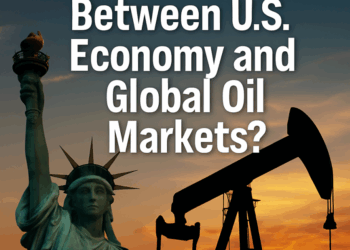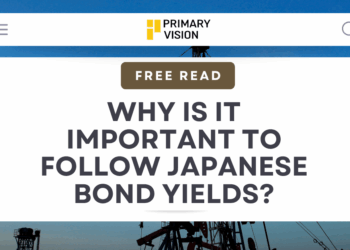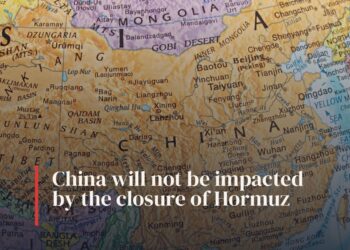As we embark on 2024, the global stage is set against a backdrop of significant trends and developments that are poised to shape the geopolitical and socio-economic dynamics of the year. These trends, identified by the United Nations Foundation, underscore the complexity and interconnectivity of the challenges we face.
- Converging Crises: The world is witnessing an era of interconnected crises, highlighting the need for systemic change and collaborative efforts across sectors. Climate change, health, and economic disparities are just a few of the overlapping issues demanding a unified approach.
- Elections and Democracy: With major elections in numerous countries, representing over half of the global population, 2024 is a pivotal year for democracy. These elections will play a crucial role in shaping policies on women’s rights, climate action, and more.
- Financial System Reform: The inadequacy of the current global financial system in funding priorities like climate action and global health is a growing concern. Discussions around international financial reform are gaining momentum, focusing on addressing outdated power dynamics and exploring innovative financing solutions.
- Rights and Equity: Protecting the rights of various groups, especially in the face of new threats, is crucial. This includes the rights of girls and women, people in climate-vulnerable countries, and ensuring equitable treatment for future generations.
- Future-Proofing the United Nations: As the UN enters its 78th year, its role in addressing global challenges remains vital. Delivering on its promises and adapting to future needs is essential for maintaining its credibility and effectiveness.
In the realm of energy, Asia’s LNG market is experiencing notable changes. December saw record-high imports of LNG in Asia, reaching 26.61 million metric tons, driven largely by China’s surge to 8.22 million tons. Despite this increase, LNG spot prices remained subdued at $11.70 per million British thermal units, reflecting a complex interplay between demand and supply.
Lastly, the global economy is facing a period of prolonged weakness, as warned by the UN. This economic slowdown could impede progress on sustainable development and climate action. The UN emphasizes the need for increased investment and international cooperation to stimulate growth and support the green transition.
As 2024 unfolds, understanding and addressing these trends and challenges will be crucial for shaping a sustainable and equitable future. The year presents both opportunities and obstacles, highlighting the importance of global collaboration and innovative solutions.












